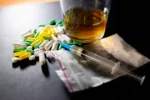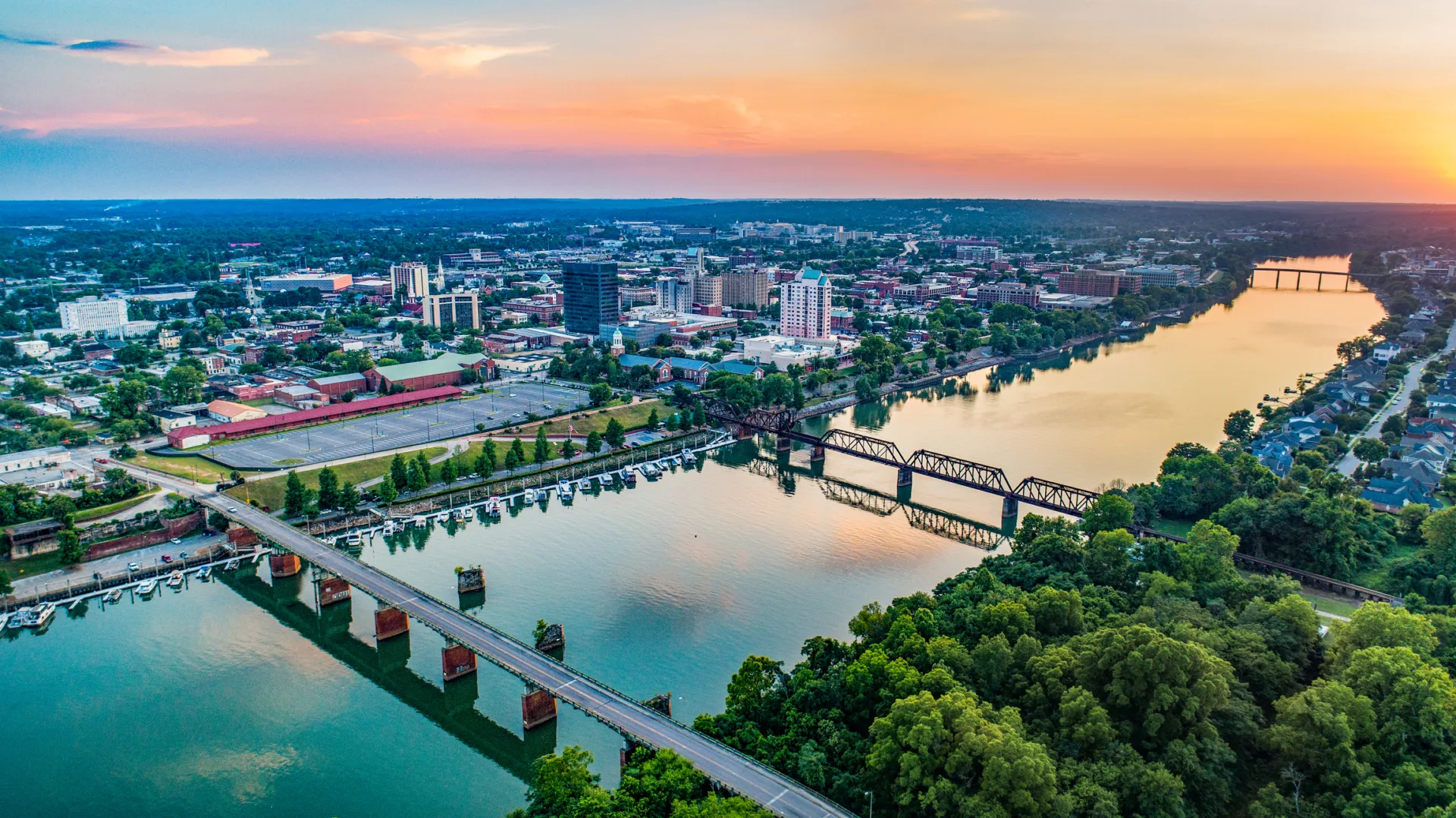
How Atlanta, Georgia Is Responding to the Substance Abuse Crisis
The substance abuse crisis has taken a heavy toll on cities across the U.S., and Atlanta, Georgia is no exception. With rising rates of opioid overdoses, alcohol misuse and stimulant addiction, public health officials, community leaders and treatment providers are working together to combat the growing epidemic.
While the challenges are real, there’s progress being made — and resources are available for individuals and families impacted by addiction.
A City in Crisis — But Not Without Hope
According to the Georgia Department of Public Health, Georgia experienced 2,327 drug overdose deaths in 2021, a 56% increase from 2019. A significant number of these occurred in the metro Atlanta area, where the availability of synthetic opioids like fentanyl has intensified the crisis.
But Atlanta is also a hub for innovation and community activism — and that energy is fueling local responses to the epidemic.
Public Health & Community-Based Initiatives
Atlanta has taken several key steps to address substance abuse through both prevention and intervention:
- Naloxone distribution programs have been expanded across the city, making the life-saving overdose reversal medication more widely available. Many pharmacies now carry it without a prescription.
- Syringe services and harm reduction programs are helping reduce the spread of infectious diseases and encouraging users to seek treatment when ready.
- The city supports youth outreach programs aimed at preventing early substance use through education and mentorship.
Local organizations such as the Atlanta Harm Reduction Coalition and Grady Health System are working to meet people where they are, providing services that are compassionate and nonjudgmental.
The Role of Professional Treatment
While public programs offer critical first lines of support, long-term recovery often requires professional care. That’s where treatment centers like Bluff play an essential role.
Located in Augusta, just a few hours from Atlanta, Bluff offers a private, structured environment for those ready to begin healing. Our residential treatment program includes:
- Medical detox and round-the-clock care
- Evidence-based therapy for addiction and co-occurring disorders
- Trauma-informed practices to address the root causes of substance use
- Dual diagnosis treatment for mental health challenges like depression, anxiety and PTSD
For Atlanta residents, stepping away from the city for treatment can offer a fresh perspective and the opportunity to recover in a more peaceful, focused setting.
Building a Stronger Recovery Network
Recovery doesn’t happen in isolation — it’s sustained by connection and support. At Bluff, we help our clients build the tools they need to transition back into daily life, whether that means returning to Atlanta, continuing outpatient therapy or engaging with local recovery communities like NA, AA, or SMART Recovery.
Our aftercare planning includes relapse prevention education, alumni support and referrals to ongoing care in Atlanta to ensure continuity and long-term success.
Find Your Path Forward
Atlanta is facing the reality of substance abuse head-on, but no one has to walk through addiction alone. If you or someone you love is ready for change, Bluff is here to help.
Take the first step toward healing today — a healthier future is possible, and it starts with reaching out.








